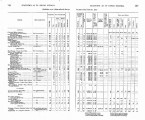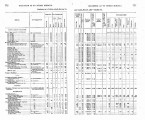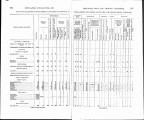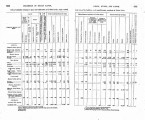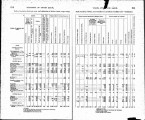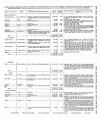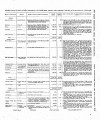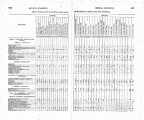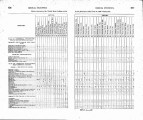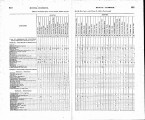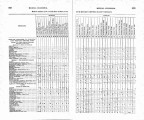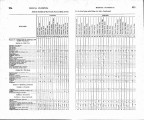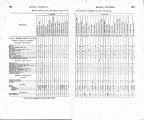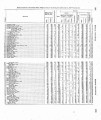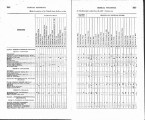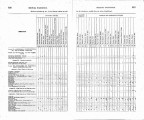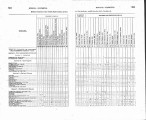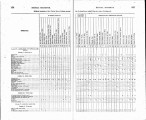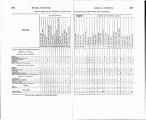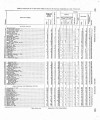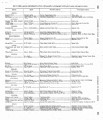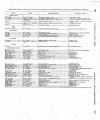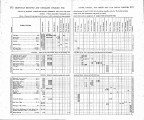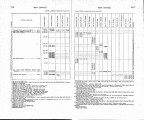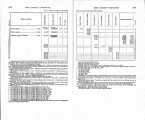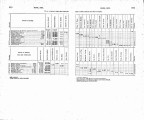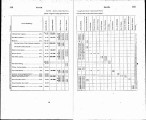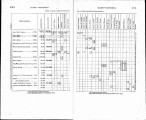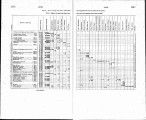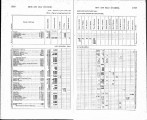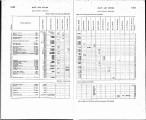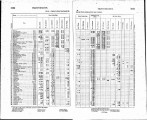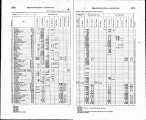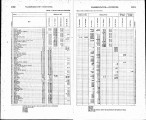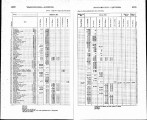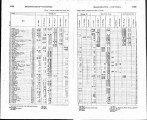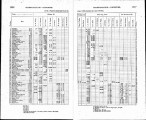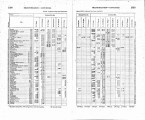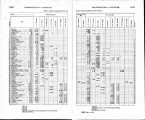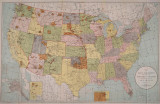| Title |
Annual Report of the Commissioner of Indian Affairs - 1892 |
| Subject |
Indian reservations; Federal government; Indians of North America; Indians of North America--Education; Courts; Allotment of land; Land use; Railroads; Timber; White people--Relations with Indians; Health; Annuities; Horses; Crime; Missionaries; Irrigation; Natural resources; War; Employment (Economic theory); Work; Education; Water rights; Alcohol; Livestock; Religion; Indigenous peoples--North America |
| Keywords |
Annual Report; Indian Agency; Reservations; Military; Allotment; Land Rights; Tribal Funds; Trade; Indian; White Relations; Inter-tribal Relations; Native Americans |
| Publisher |
Digitized by J. Willard Marriott Library, University of Utah |
| Tribe |
Ute |
| Band |
Uintah |
| Language |
eng |
| Description |
Excerpts concerning Utah from the Annual Report of the Commissioner of Indian Affairs - Courtesy of the University of Wisconsin Digital Collections. The Commissioner of Indian Affairs discusses the question of U.S. citizenship for American Indians and the subsequent potential for eliminating the agency system, Indian trading practices, laws governing participation in Indian culture (such as dances and the practices of medicine men), use of appropriations in schools, the effectiveness of Indian hospitals, agricultural progress made on alloted land, etc. Uintah Ouray Agent Robert Waugh submits a report in which he advocates the construction of a general reservation school, presents demographic data, discusses advances in farming, outlines the distribution of rations and annuities, and describes the condition of the reservation's buildings and land |
| Type |
Text |
| Coverage |
Uintah and Ouray Indian Reservation (Utah); Utah; Washington (D.C.) |
| Format |
application/pdf |
| Rights |
Digital Image © 2011 America West Center. All Rights Reserved |
| ARK |
ark:/87278/s6448h5m |
| Creator |
Commissioner of Indian Affairs; Morgan, T. J.; Waugh, Robert |
| Date |
1892 |
| Spatial Coverage |
Uintah and Ouray Indian Reservation (Utah); Utah; Washington (D.C.) |
| Setname |
uaida_main |
| ID |
371690 |
| Reference URL |
https://collections.lib.utah.edu/ark:/87278/s6448h5m |

































































































































































